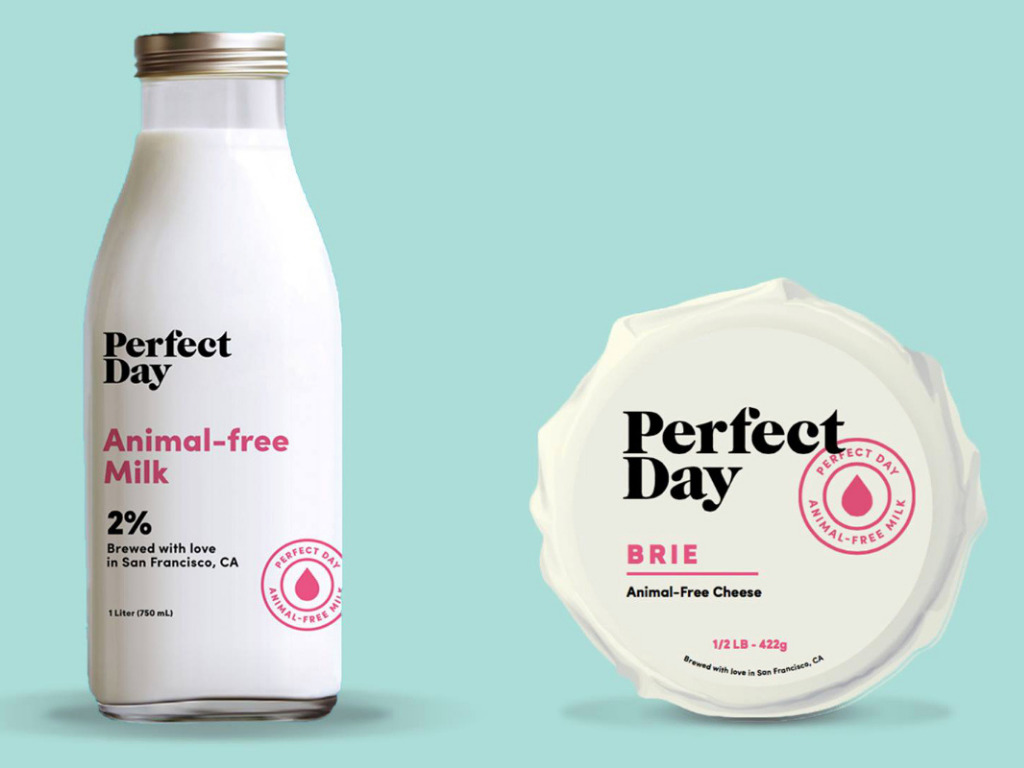4 Mins Read
Attitudes towards precision fermentation dairy are being put under the spotlight. A joint study carried out by Formo, Mercy For Animals, and the University of Bath, has reported positive feelings about the sector and its impact on animals. Amongst the findings, “strong consumer enthusiasm” is a key takeaway, with curiosity surrounding animal-free dairy ranking highly as well.
The 58-page report features the results of ten focus groups of 3-5 participants. The interviews were conducted in Germany, the U.K., Singapore and the U.S. Perceptions of precision fermentation were registered as positive overall but one of the key challenges for the burgeoning sector is that for most consumers, there will be an education process. Early data shows consumers may see it as one of many dairy options, rather than as an outright replacement to animal dairy. The findings will prove useful to Formo, previously Legendairy, which is developing new precision fermentation products following a successful Series A last year.

Consumers give the green light
During the study, focus group participants were told about the process of precision fermentation. Scientific information was relayed in understandable formats to create an understanding of molecularly identical products that needed no animal involvement. Whey and casein were both used as examples of key ingredients that create authentic dairy but can be replicated without cows. Participants were seen to make the connection between the process and the advantages thereof, according to the report.
“It was gratifying to see consumers connect the dots on the motivation behind a new way of making dairy: better for the environment, better for animals, and urgently needed given current population growth,” Oscar Zollman Thomas of Formo said in a statement. “It also served as a needed reminder of the responsibility we have in introducing these products to the world—transparently and honestly communicating not just the science but also the rationale behind these products.”
Participants were identified by researchers as relating precision fermentation dairy to their own ethics and belief systems. Many reflected on the conventional dairy industry and ruminated on the cruel practices that could be eliminated. As a direct result of this observation, “animal-free dairy” has been chosen as a preferred term for consumer-facing information and marketing, one which connects with people on a level that would inspire a shift in purchasing habits.
“Consumers have many different reasons for choosing animal-free and plant-based foods, including animal welfare,” Mercy For Animals social change researcher Courtney Dillard, PhD. said in a statement. “Studies like this can help animal advocacy organizations and food companies alike better communicate about the expanding animal-free food options available to consumers.”
Overall, consumers consider precision fermentation as an expansion of the dairy industry, not a direct challenge to it. This could be linked to another key takeaway that highlights how consumers feel confused by the term until it is explained to them fully. From here, the notion of replacing conventional dairy with animal-free items became more of a moral and common sense idea. “It gives us more choices, more options to choose and for different kinds of people,” a 39-year-old German commented.
Read More: Breaking Down Fermentation Shaping The Alt Protein Industry: From Precision To Biomass

Paving the way
The study offers insight and optimism to alt-dairy companies looking to leverage animal-free technology. Previously, little research has been conducted into the perceptions surrounding precision fermentation, leading to a shroud of mystery remaining in place. Some companies are already pushing ahead and seeing great results, the U.S.’s Perfect Day is a key example. However, for smaller companies, or new to the sector startups, positive consumer attitudes will help bolster efforts.
In the UK, Mighty will no doubt welcome the news. Having raised £4.5 million in a seed round last December, to begin precision fermentation in earnest, this new report offers confirmation of retail potential. The company has previously discussed ‘choice fatigue’, an offshoot from lots of new companies entering the alt-dairy market, but will push ahead with its own new ranges. Precision fermentation drinks will follow the recent M*LKology line release.
Lead photo by Pixabay from Pexels.





